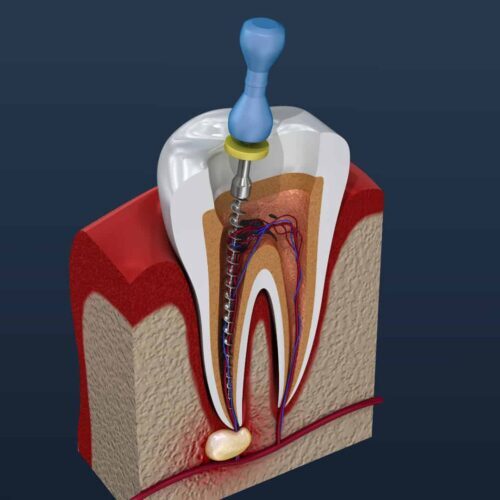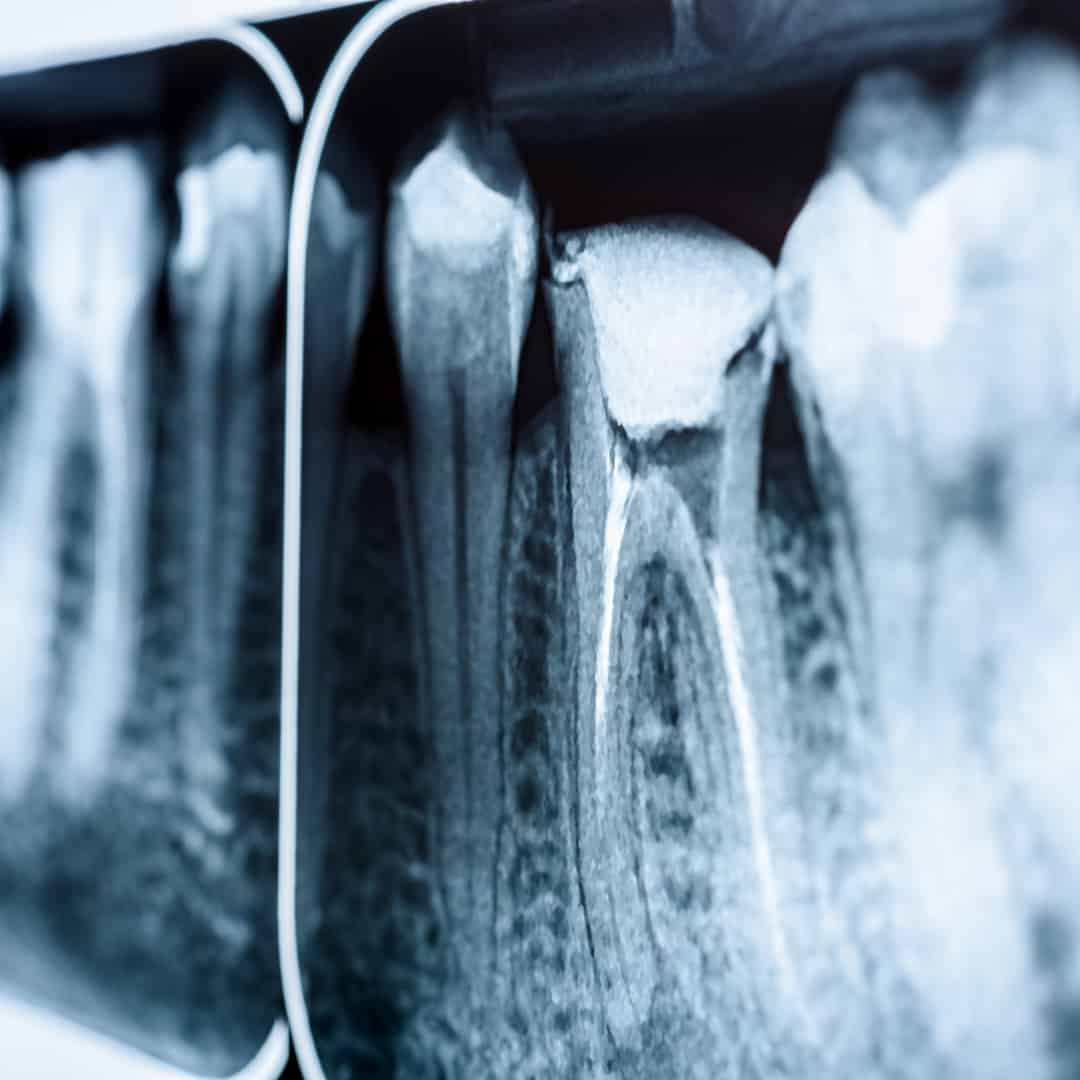What are endodontics treatments?
Endodontic treatment, also known as root canal therapy, is a dental procedure used to save a tooth that has been damaged or infected. The goal of the procedure is to clean out the infected or damaged pulp (the tissue inside the tooth) and to seal the tooth so that it can continue to function. Root canal treatment is often necessary when a tooth has been cracked or chipped, or when it has developed an infection.
Why do you need endodontic treatment?
There are several reasons why you might need endodontic treatment. The most common reason is to save a tooth that has been damaged or infected. Root canal therapy can also be used to treat pain and sensitivity in the teeth, and to improve the appearance of the teeth.
Endodontic treatment is usually performed by a dentist or an endodontist (a specialist in root canal therapy). The procedure can be done in one or more visits, depending on the severity of the damage or infection. During the procedure, the dentist will clean out the infected or damaged pulp and then seal the tooth.


What are the Symptoms of needing a root canal?
There are several symptoms that may indicate you need a root canal. These symptoms include:
– Severe tooth pain that is not relieved by over-the-counter pain medication
– Sensitivity to hot or cold temperatures that lingers after the stimulus has been removed
– Pain when chewing or biting down
– Swelling in the gums
– A pimple on the gums
– Darkening of the tooth
If you are experiencing any of these symptoms, please contact Wide Bay Central Dental in Hervey Bay as soon as possible. root canal therapy may be necessary to save your tooth and relieve your pain.
Can endodontic treatment be an emergency?
In most cases, endodontic treatment can be performed as an emergency procedure to relieve pain and restore function. However, there are some cases where endodontic treatment may not be the best option. If the tooth is too damaged or the infection is too severe, endodontic treatment may not be able to save the tooth.
In these cases, extractions may be necessary to relieve pain and prevent further damage. If you are experiencing severe dental pain, it is important to see a dentist as soon as possible to determine if endodontic treatment is an option.
What happens during endodontic treatment?
During your first visit, your dentist or endodontist will examine your tooth and take X-rays to determine the extent of the damage or infection. If root canal therapy is necessary, your dentist will numb the area around your tooth and put a rubber dam (a small sheet of rubber) in your mouth to keep it dry.
Next, your dentist will access the pulp chamber by making a small hole in the top of your tooth. The infected or damaged pulp will then be removed and the area will be cleaned, sealed and crown placed. With proper care, your tooth can last a lifetime.

Endodontic Treatment FAQ's
Is the endodontic treatment safe?
Endodontic treatment involves removing the damaged or infected pulp from the tooth and sealing it off to prevent further damage. The first step is to numb the area around the tooth to ensure you are comfortable during the procedure. Next, your dentist will create an opening in the tooth so that the pulp can be removed.
Once the pulp is removed, your dentist will clean and shape the inside of the tooth and then seal it off. In some cases, a post may be placed in the tooth to help support the restoration.
Do you need a crown after root canal therapy?
A crown is not always necessary after root canal therapy, but it may be recommended in some cases. A crown can help to protect your tooth from further damage and decay. If your tooth is severely damaged, your dentist may recommend that you have a crown placed on top of it.
How much root canal procedure will cost?
The cost of root canal therapy can vary depending on the severity of the damage or infection, and whether or not a crown is placed. In general, root canal therapy is less expensive than tooth extraction and replacement. Please contact Wide Bay Central Dental to discuss the cost of treatment.
Do I need any special care after endodontics treatment?
After root canal therapy, it is important to take good care of your tooth. Be sure to brush and floss regularly, and see your dentist for regular checkups and cleanings. If you have any questions or concerns about root canal therapy, please contact Wide Bay Central Dental. Our skilled and experienced team will be happy to help you.
What can I eat after a root canal?
After a root canal, you can eat your normal diet. however, it is important to avoid chewing on hard foods or using your teeth to open packages. chewing on hard foods can put too much pressure on your tooth and cause it to break. If you need to open a package, use scissors instead of your teeth.
What to expect after endodontic treatment?
After a root canal, you may experience some discomfort. This is normal and should go away within a few days. If the pain persists or gets worse, please contact your dentist. Over-the-counter pain medication can be used to help relieve any discomfort. It is also common to see some swelling after a root canal. This usually goes away within a few days. If the swelling does not go down or if it gets worse, please contact our practice.
When can I return to work after a root canal?
However, it is important to allow enough time for the treated tooth to heal before returning to work. You can usually return to work the next day after a root canal. If you had sedation during your procedure, you will need someone to drive you home and you will need to take the rest of the day off to recover.
Also, if your job involves heavy lifting or other strenuous activity, you may need to take additional time off to allow the treated tooth to fully heal.
What are the risks of endodontic treatment?
Endodontic treatment, also known as root canal therapy, is a common procedure that is used to save a tooth that has been damaged by decay or infection. While root canal therapy is usually successful, there are some risks that should be considered before undergoing the procedure.
The most common complication associated with endodontic treatment is pain or sensitivity in the treated tooth. This is typically due to inflammation of the dental pulp, and it can usually be resolved with over-the-counter pain medication.
In rare cases, endodontic treatment can also lead to damage to the surrounding teeth, jawbone, or nerves. Although these complications are rare, it is important to discuss the risks with your dentist before undergoing endodontic treatment.
